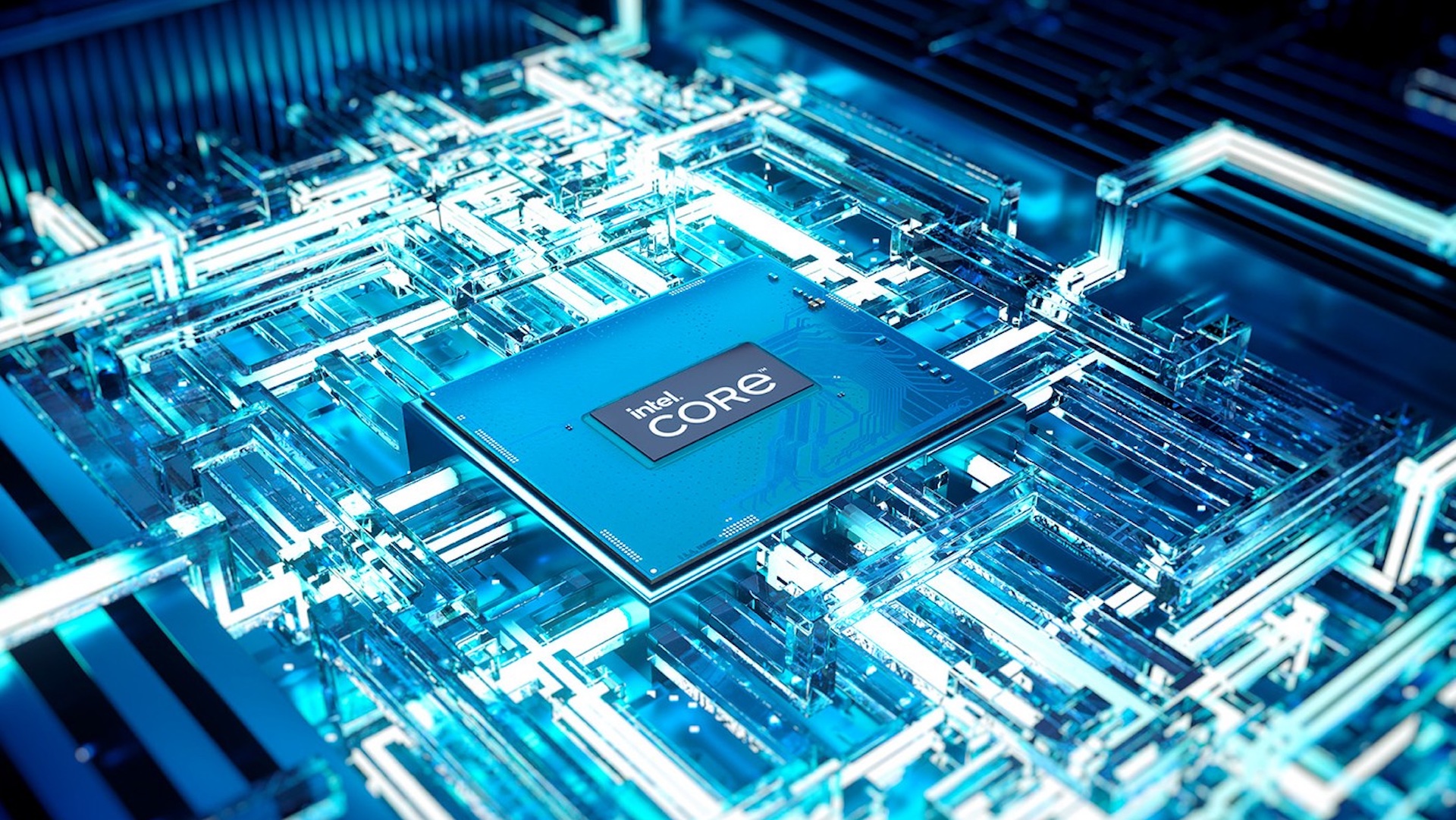Straight out of Apple and TSMC's playbook, Intel will now make custom chips for Microsoft following a $15 billion silicon deal
Designed by Microsoft, built by Intel.

If you've been paying even a modicum of attention to the Mac over the last few years you'll know full well the impact that TSMC has had on it. The Taiwanese chipmaker was already responsible for the silicon that powered iPhones, iPads, and more but Apple took the decision to ditch Intel from the Mac lineup and design its own chips instead. It needed someone to build those chips, and TSMC once again took center stage. Fast-forward a few years and Apple is now making the best Macs it's ever produced, thanks in no small part to the M-series chips that sip energy but push out plenty of performance.
Being able to design custom chips to work with your own custom hardware is something that gives companies like Apple a huge advantage over those buying off-the-shelf parts. Microsoft knows that, which is why it's now penned a deal to have another company build the chips that it designs for use in its own computers and other devices. The company it handed $15 billion to as part of the deal? None other than Intel, the outfit that lost Apple's Mac business because it couldn't stick to a roadmap or produce chips that didn't try to set fire to anything.
The deal, announced by Intel at its Intel Foundry today, sees the two companies work together in a whole new way. Microsoft will design the silicon and hand those designs off to Intel which will turn them into chips that could one day power just about anything including laptops and AI-accelerating servers.
'A very exciting platform shift'
Intel's announcement confirmed that Microsoft has chosen the Intel 18A manufacturing process for its new chips with Microsoft Chairman and CEO Satya Nadella saying that the company needs "a reliable supply of the most advanced, high-performance and high-quality semiconductors." He went on to say that's "why we are so excited to work with Intel Foundry, and why we have chosen a chip design that we plan to produce on Intel 18A process.”
The move comes as Intel has been looking for new ways to make money and as Bloomberg puts it, "prove it can compete in the foundry market, where companies produce custom chips for clients." So far Apple partner TSMC has proven to be particularly adept at such an approach with its contract with Apple being its crown jewel.
Quite where these new Intel chips will crop up hasn't been confirmed yet, but Bloomberg also notes that Microsoft is one of the largest buyers of advanced silicon that can be used to power data centers. As the push to AI-powered services continues to grow, servers and data centers will become increasingly necessary — they're already a huge part of the way the web and web-based services function, but the load placed on hardware by AI implementations could see use boom yet further.
As for Apple, it too has new server requirements given an expected AI push for Siri with the arrival of iOS 18 and the iPhone 16 lineup later this year but it's in its Mac laptops in particular that designing its own chips has proven to be such a boost for users everywhere. Mac laptops have never been so fast nor run for so long without the charger. If Microsoft can bring some of that to the Surface lineup too, things could be about to get very interesting indeed.
Master your iPhone in minutes
iMore offers spot-on advice and guidance from our team of experts, with decades of Apple device experience to lean on. Learn more with iMore!
More from iMore

Oliver Haslam has written about Apple and the wider technology business for more than a decade with bylines on How-To Geek, PC Mag, iDownloadBlog, and many more. He has also been published in print for Macworld, including cover stories. At iMore, Oliver is involved in daily news coverage and, not being short of opinions, has been known to 'explain' those thoughts in more detail, too. Having grown up using PCs and spending far too much money on graphics card and flashy RAM, Oliver switched to the Mac with a G5 iMac and hasn't looked back. Since then he's seen the growth of the smartphone world, backed by iPhone, and new product categories come and go. Current expertise includes iOS, macOS, streaming services, and pretty much anything that has a battery or plugs into a wall. Oliver also covers mobile gaming for iMore, with Apple Arcade a particular focus. He's been gaming since the Atari 2600 days and still struggles to comprehend the fact he can play console quality titles on his pocket computer.
